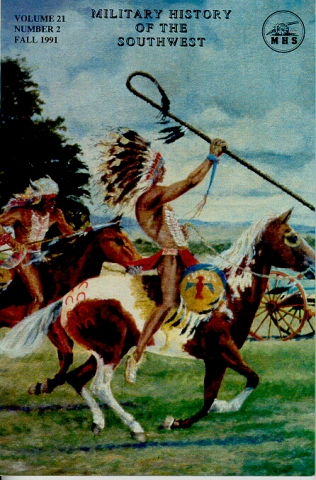Vol. 21 (Fall 1991), No. 2
- Vol. 19, No. 1, 1989
- Vol. 21 (Fall 1991), No. 2
- Vol. 21 (Spring 1991), No. 1
- Vol. 22 (Fall 1992) No. 2
- Vol. 22 (Spring 1992), No. 1
- Vol. 23 (Fall 1993), No. 2
- Vol. 23 (Spring 1993), No. 1
- Vol. 24, No. 1, Fall 1994
- Vol. 24, No. 2, Fall 1994
- Vol. 29, No. 1, Spring 1999
- Vol. 29, No. 2, Fall 1999
- Vol. 30, No. 1, Spring 2000
- Vol. 30, No. 2, Fall 2000
- Vol. 31, No. 1, Spring 2001
- Vol. 31, No. 2, Fall 2001
- Vol. 32, No. 1, Spring 2002
- Vol. 32, No. 2, Fall 2002
- Vol. 33, 2003
- Vol. 34, 2004
- Vol. 35, 2005
- Vol. 36, 2006
- Vol. 37, 2007
- Vol. 38, 2008
- Vol. 39, 2009
- Vol. 40, 2010
- Volume 19, No. 2, Fall 1989
- Volume 20 (Fall 1990), No. 2
- Volume 20 (Spring 1990), No. 1
- Volume 25, No. 1, Spring 1995
- Volume 25, No. 2, Fall 1995
- Volume 26, No. 1, Spring 1996
- Volume 26, No. 2, Fall 1996
- Volume 27, No. 1, Spring 1997
- Volume 27, No. 2, Fall 1997
- Volume 28, No. 1, Spring 1998
- Volume 28, No. 2, Fall 1998
- Indices

MILITARY HISTORY OF THE SOUTHWEST 1991
Vol. 21 (Fall 1991), No. 2
Table of Contents
"Fort Inge and the Texas Frontier Economy, 1849-1869," by Thomas T. Smith, pp. 135-156
Abstract: Military bases generally have an economic impact on the civilians closest to the
post. Fort Inge, near San Antonio, had little impact in its early years, but as a
settlement grew up around the fort, military spending had an increased impact on civilians.
The early spending was on transportation of supplies, but demand for foodstuffs brought
farmers closer to the fort.
Key Words: Fort Inge, military posts, Texas, frontier
"'Embarrassing Situation': David E. Twiggs and the Surrender of United States Forces in Texas, 1861," by Jeanne T. Heidler, pp. 157-172
Abstract: Southern sympathizer David E. Twiggs commanded Union forces in Texas in early 1861.
He never received instructions from the Federal government on what to do if Texas
seceded. When Texas did secede, Twiggs surrendered his command under conditions favorable
to the Confederacy. Does he deserve to be called a traitor?
Key Words: Civil War, Texas, secession, David E. Twiggs
"On Villa's Trail in Mexico: The Experiences of a Black Cavalryman and a White Infantry Officer, 1916-1917," by Richard Melzer, pp. 173- 190
Abstract: The men in the Punitive Expeditionary Force under General John J. Pershing all experienced
the harsh campaign conditions of northern Mexico as they searched for Pancho Villa.
The white officer described in this article, though bored, had a much easier time
physically than the black cavalryman. The cavalryman, though living under harsher
conditions, seldom complained.
Key Words: Pancho Villa, John J. Pershing, black soldiers, Punitive Expeditionary Force, Mexico